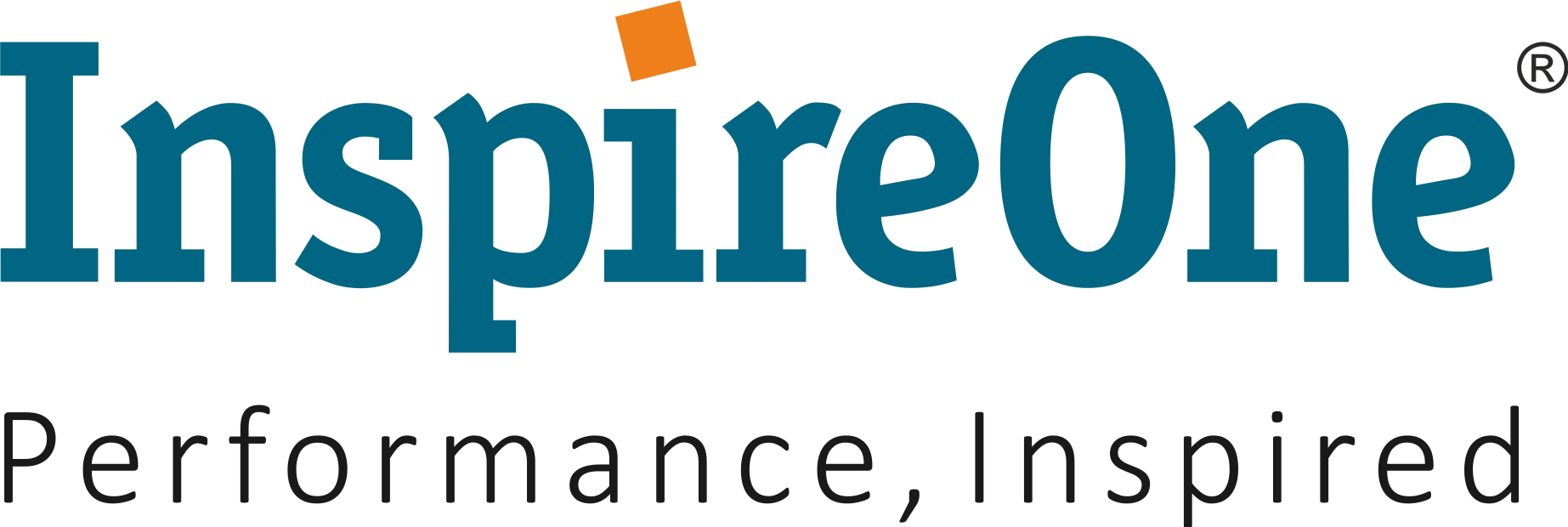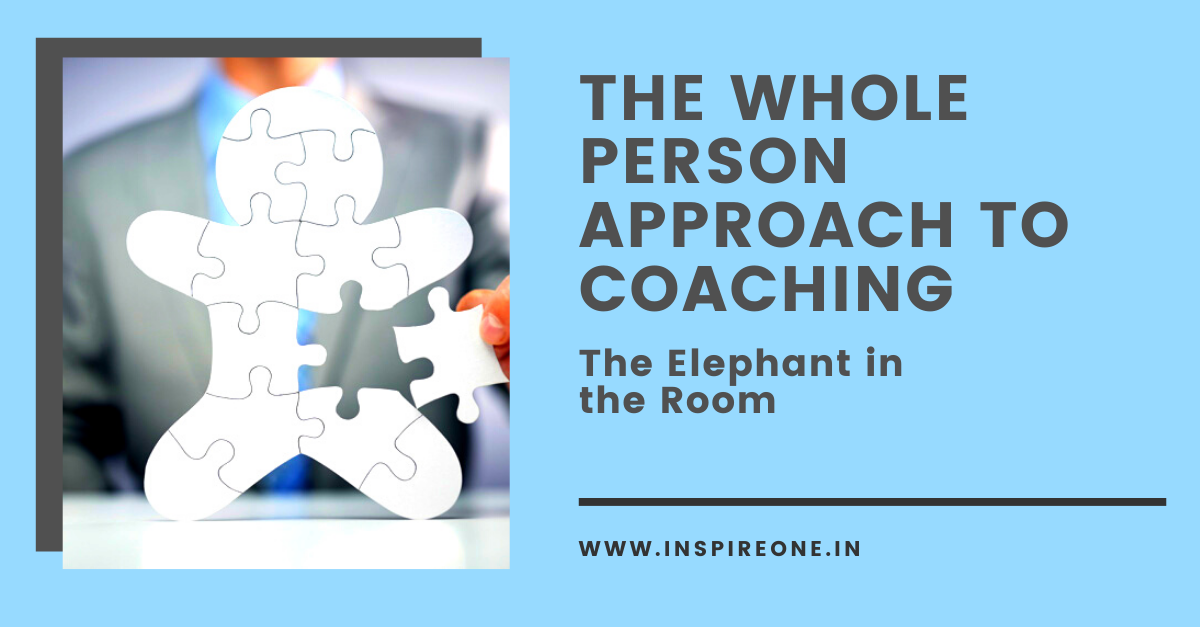Coaching has established credibility as the most powerful development tool, especially for leaders. The objective of this blog, therefore, is not to preach to the choir, the benefits of coaching, but to discuss about the conundrums that still impede the success of many coaching engagements.
These range from the leaders
- “not having the time”,
- denying of feedback from the environment.
- believing that the rest of the organization needs “fixing”.
- not being clear on the areas of development.
- not motivated to put in the effort needed.
- simply being abrasive or reticent.
- Dealing with prevailing relational, situational, emotional challenges.
Unfortunately, the above are not just an impediment for the leader’s own development but comprehensively impact the growth and relevance of the organization.
On the positive side, it can be said with confidence that the resources in terms of certified and experienced coaches, proven coaching processes and tools are available.
Another enabler coming into being, is some leaders and organizations being courageous enough to shed the blinkers vis-à-vis the elephant in the room – the recognition of the real impediments to the value coaching for sustainable development.
The fact that the WHOLE person needs to participate in the process, that it is not just a cognitive process. The heart and the mind should be convinced and committed.
The elements of coaching hitherto unaddressed and needing their place front and center of the process:
- Psychological Mindedness* to address stress emanating from relational, situational, and emotional causes. Psychological Mindedness is proven as an approach for these. from the client (the leader being coached) and the coach. When we are stressed, it is much more difficult to have empathy, think creatively, control impulses, and make effective plans. When stress is reduced through coaching, people have more access to creativity, empathy, and resilience, all of which are critical right now.
- Coaching enables people to process difficult and unprecedented times. In unprecedented times like the present—it is exceptionally difficult to process and make sense of the implications on us and the organization. Without processing we can sublimate to despondency, low energy, and lack of focus. When we notice and allow our true feelings and concerns, we move the energy through and stay steadier and more able to cope both during and after. Many people need the support of coaching to do this effectively.
- Coaching helps people find their own resilience and capacity, even when we cannot change the environment. Coaching needs to focus on the Whole client, and not the issue. This can increase the possibility of finding more internal resilience. This restores some sense of control in what feels like an uncontrollable world.
- Coaching of leaders and managers creates a ripple effect. Research shows that leaders have a potent impact on the “energy and mood” of their organization. When they are, emotionally regulated, thoughtful, and patient, those around them feel more able to respond more thoughtfully as well.
- Coaches help people get unstuck from cognitive biases. Surviving and thriving requires an adaptable brain that is willing to recognize and challenge their cognitive biases and the impact of those on their decisions.
In summary, if leaders and learning partners have the conviction of identifying, accepting, and dealing with the uncomfortable barriers to development and growth, they will be able to comprehensively leverage the power of coaching.
*Psychological Mindedness (PM) is a trait which has at its core disposition to reflect upon the meaning and motivation of behaviour, thoughts and feelings in oneself and others. It is a critical requirement for both the coach and the coachee. It has its genesis in the work of Carl Jung and Murray and has been built on, successively through the decades by other experts and is finding its place in coaching
Reference from a blog written by Ann Betz who consults on the science of coaching for the ICF education department and William Arruda an entrepreneur, motivational speaker and the world’s leading authority on the topic of personal branding.







